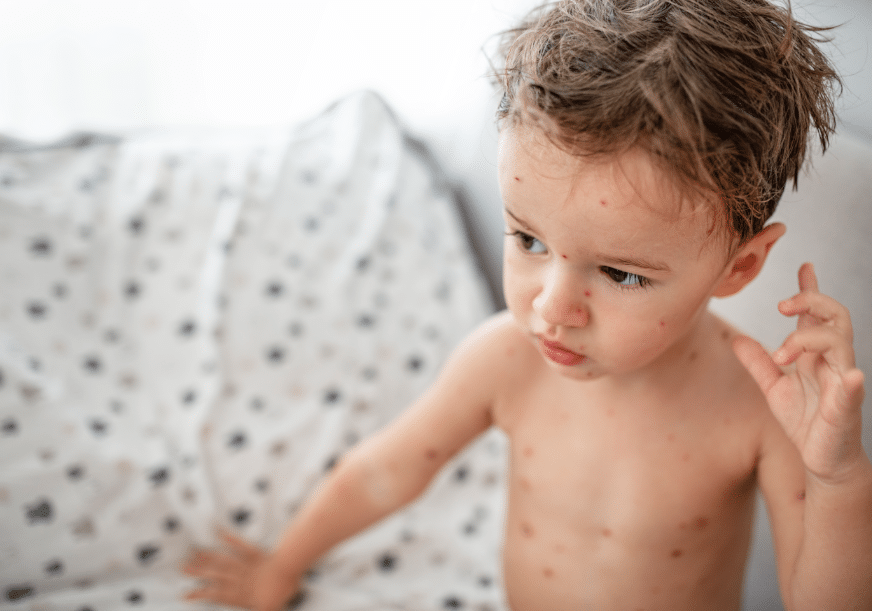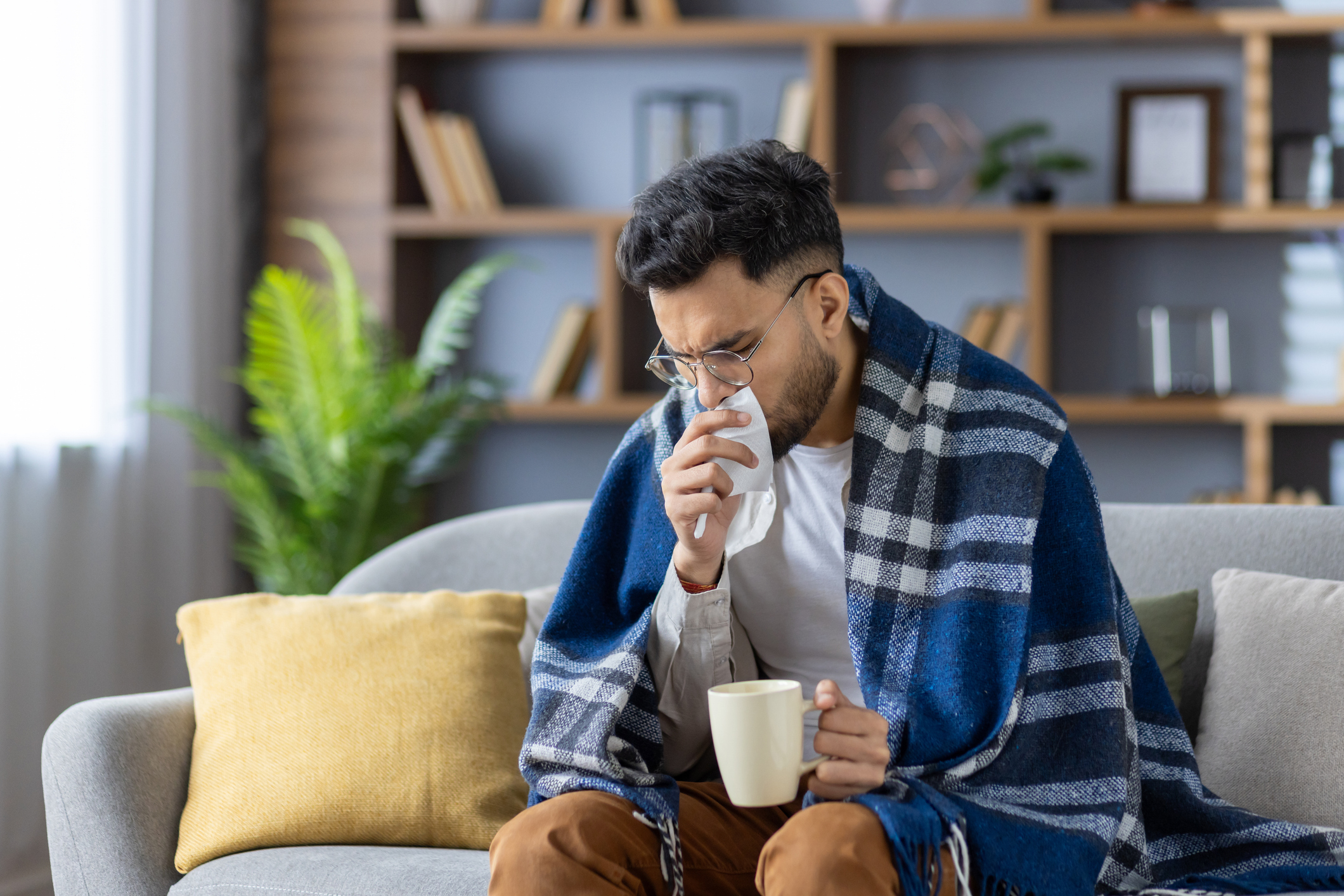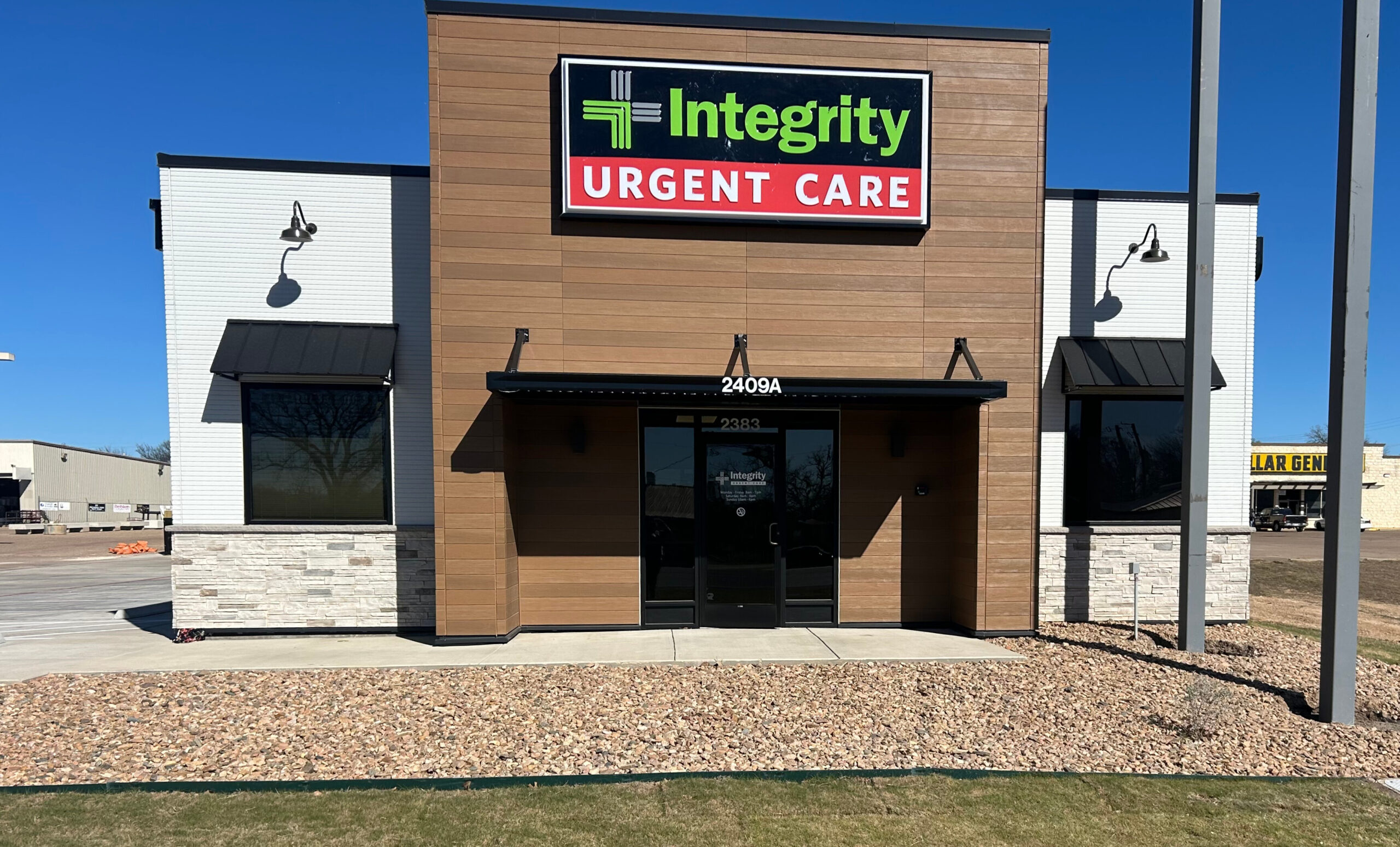It used to be that everyone had chickenpox and could tell a story of how they caught it, how their parents tried to prevent them from scratching their sores, and the inevitable scars left from dealing with the virus. Today, that has largely changed, but chickenpox does occur from time to time. Integrity Urgent Care can help you know what to be on the lookout for, particularly when you have small children who may not be fully immunized yet.
Symptoms
This virus is marked largely by a rash that can extend all over the body. According to the Center for Disease Control, “the rash may first show up on the chest, back, and face, and then spread over the entire body” and can turn “into itchy, fluid-filled blisters that eventually turn into scabs.” Depending on the patient, they may also feel feverish, tired, or have a headache a few days before the rash appears.
Treatment
Most of the treatment will be at home, trying to avoid scratching any blisters that may appear. Many use calamine lotion to soothe the skin or take oatmeal or baking soda baths. Try to trim your fingernails to make scratching less impactful and to prevent further infection by germs that get caught under the fingernail. Washing hands frequently, especially if scratching an open sore, will prevent further transmission. Do not use aspirin to reduce any fever associated with chickenpox as there have been studies linking further issues with skin infections. Stick with cool baths as much as possible.
Prevention
As more and more children are being routinely vaccinated against chickenpox, it is becoming rarer to see larger scale outbreaks like in generations past. The vaccination is given in two doses, and anyone can get the vaccine, even adults who haven’t been offered the vaccine before and have not had chickenpox. Similarly to other vaccines, if you contract chickenpox, your symptoms should be much milder and your recovery much shorter. If you suspect someone has chickenpox in your close community, it is best to stay away from them and encourage them to isolate until all the sores or lesions have crusted.
When to See a Doctor
Similarly to other illnesses and infections, those with other concerns, like lower immunities or cancer, HIV, or have had a transplant should see a doctor immediately if they think they have chickenpox. This infection can be manageable, but it can also be very serious and needs monitoring and extra care in some cases. Additionally, those under the age of 1, individuals who are pregnant, or teens and adults over the age of 12 may experience complications. For all others, if your fever spikes above 102, lasts longer than 4 days, if your rash begins to look infected, or if you begin showing gastrointestinal or muscle complaints, come see a member of our medical team immediately.
If you are having additional symptoms or are concerned you may have another issue besides chickenpox, come see our Integrity Urgent Care team today. Our staff can get you seen and help you feel relief soon at one of our many locations. Walk in appointments are welcome.



